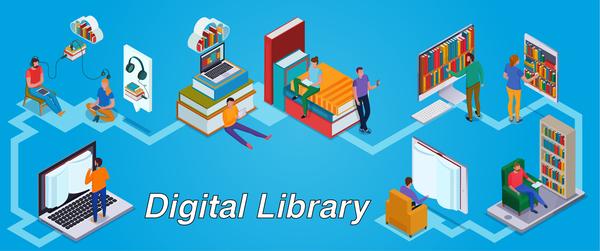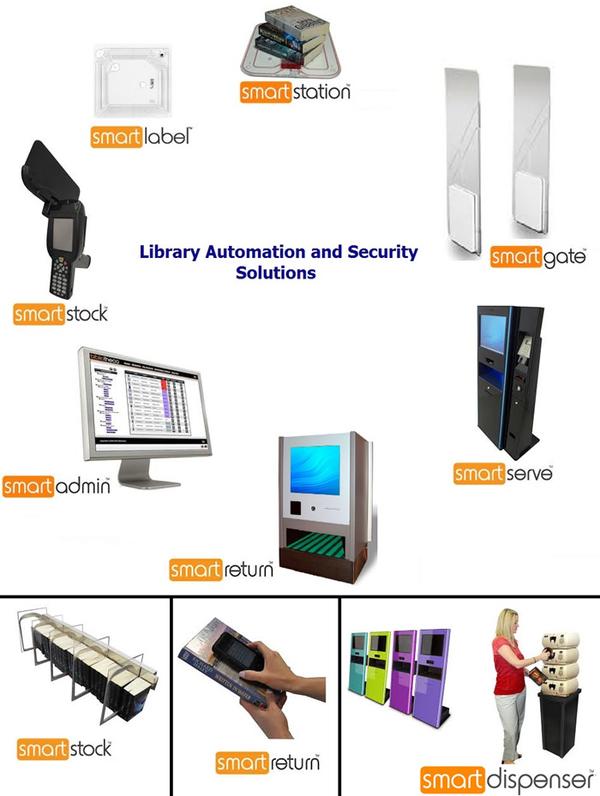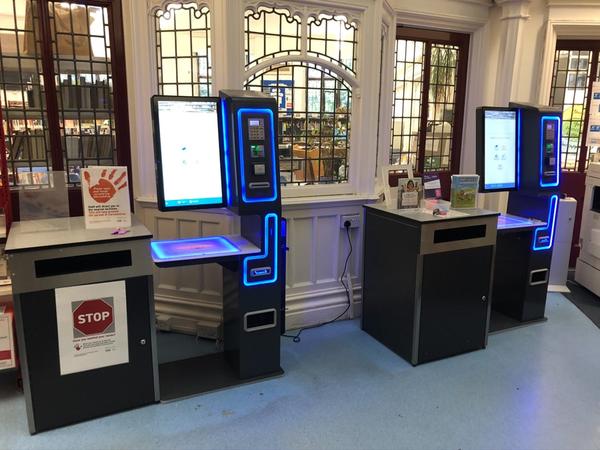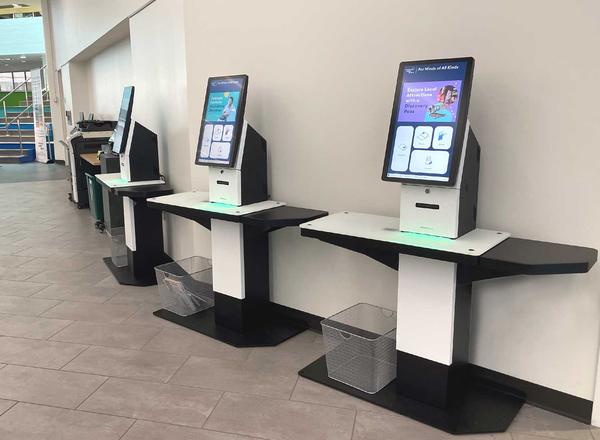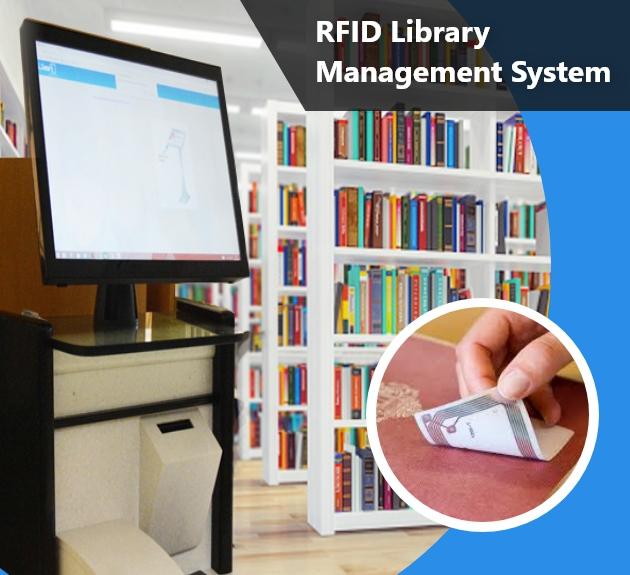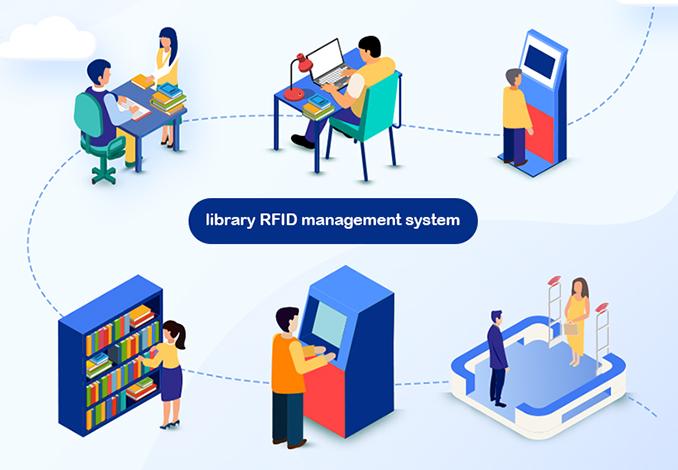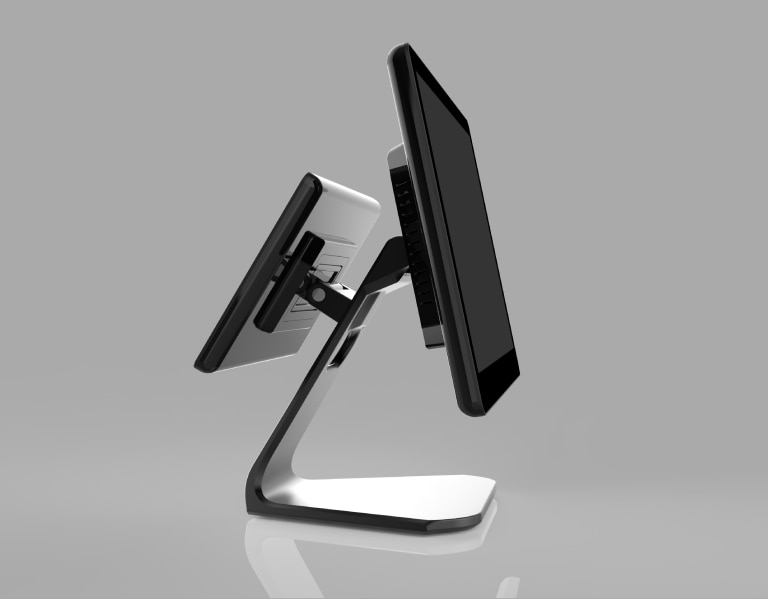Library automation refers to the use of technology to perform library tasks that were traditionally done manually. It involves the implementation of integrated software and hardware systems to manage core library functions such as cataloging, circulation, acquisition, inventory control, and user management. Modern library automation systems often include features such as RFID or barcode tracking, self-checkout kiosks, online public access catalogs (OPAC), and digital resource integration, allowing libraries to operate more efficiently and provide better service to users. Key Features: Automated book check-in/check-out Online catalog search and user account access Inventory and stock management Digital resource access and e-book integration Notifications for due dates and reservations Reporting and analytics tools
Send Message
